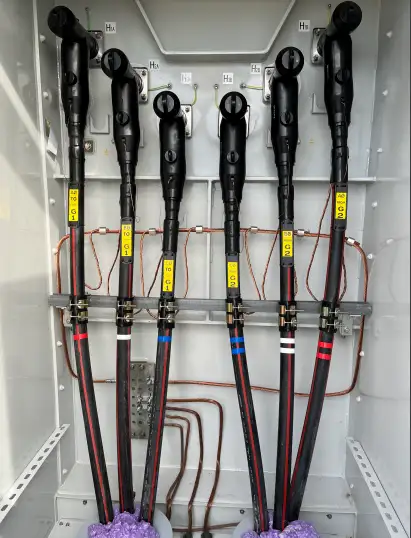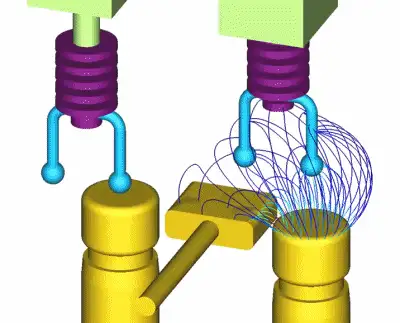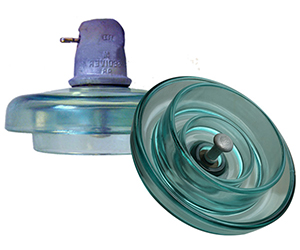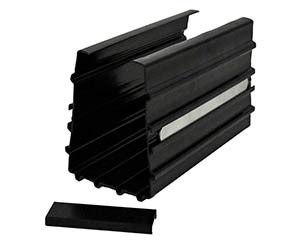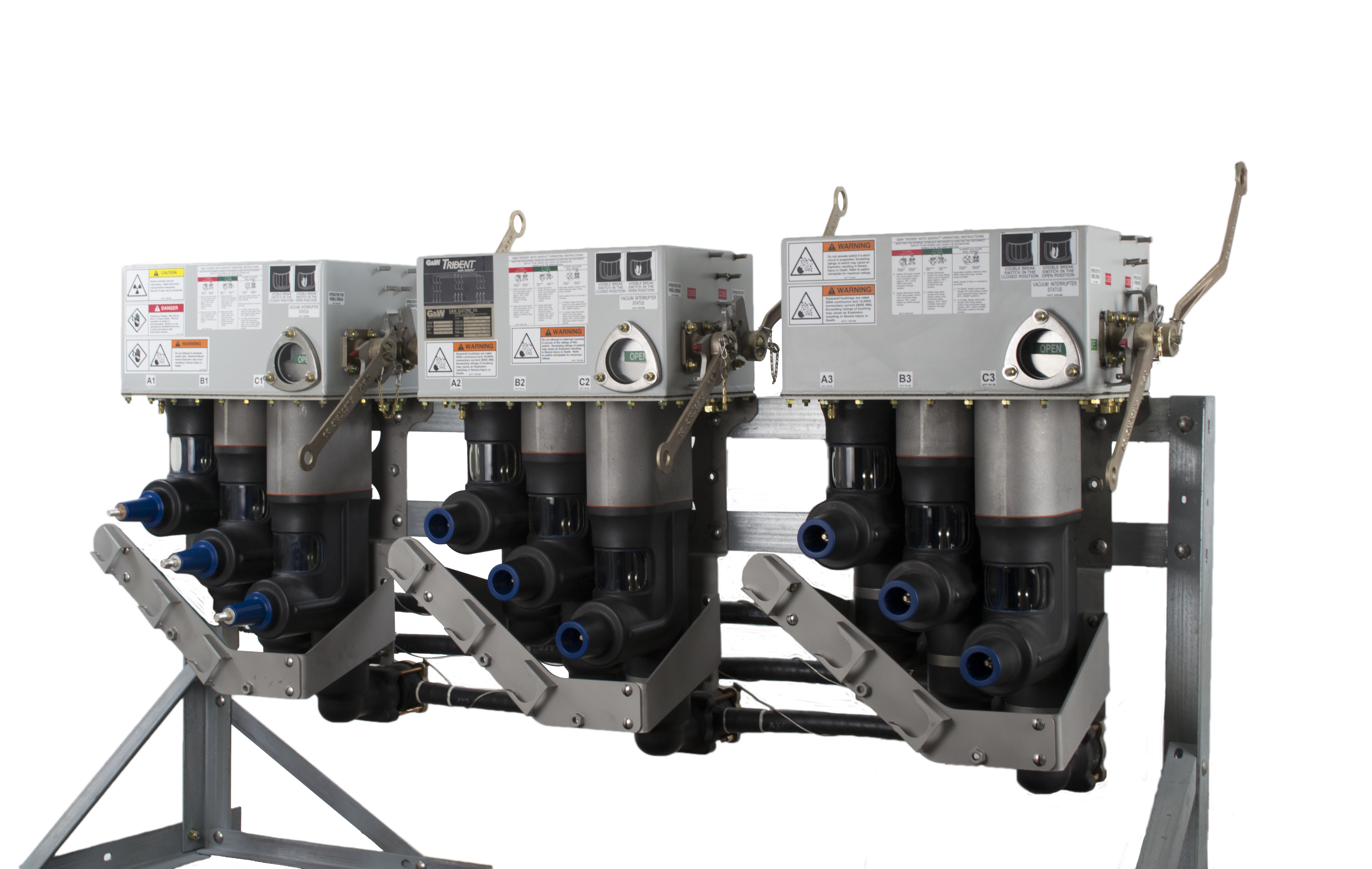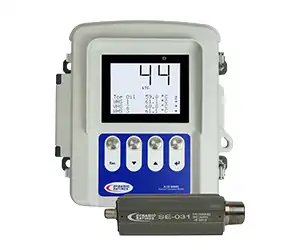Transformer Insulating Oil
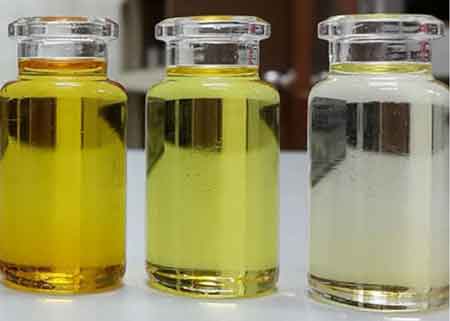
Transformer insulating oil is a vital fluid that plays a crucial role in the reliable and efficient operation of electrical power systems. It serves as the lifeblood of power transformers, providing essential insulation, cooling, and arc-quenching properties. A deep understanding of the fluid's characteristics, functions, and maintenance requirements is essential for electrical engineers, technicians, and maintenance professionals to ensure the optimal performance and longevity of these critical components.
Electrical Transformer Maintenance Training
Substation Maintenance Training
Request a Free Training Quotation
The essential role of transformer insulating oil in electrical power distribution systems cannot be overstated. This insulating fluid plays a vital role in ensuring transformers' efficiency, safety, and longevity. It is a crucial insulating material that supports electrical stability while also providing thermal management and arc-quenching capabilities. Without it, transformers would face higher risks of failure, overheating, and electrical breakdowns.
One of the most critical aspects of this kind of dielectric fluid is its ability to act as an excellent electrical insulating medium. By filling the space around the core and coils, it prevents electrical arcing and ensures a high dielectric strength. This high dielectric strength is essential for maintaining insulation integrity under high-voltage conditions. The breakdown voltage of the insulating fluid must be tested regularly to ensure it retains its insulating properties. Testing procedures, such as dielectric strength testing and dissolved gas analysis (DGA), are used to identify potential issues and help maintain service life.
The properties of dielectric fluid vary depending on its type. Mineral oil remains one of the most widely used types of transformer dielectric fluid due to its affordability, availability, and decent insulating performance. However, it’s not the only option. Synthetic ester oils offer a more sustainable and fire-resistant alternative. These oils have a high fire point, making them safer for use in sensitive environments where fire hazards must be minimized. Silicone-based dielectric fluids, on the other hand, are known for their ability to remain stable at high temperatures, offering an advantage in environments with extreme heat.
Insulation and Cooling
Another critical role of transformer insulating oil is heat dissipation. The design of transformers enables efficient heat transfer, allowing the insulating fluid to absorb and dissipate heat generated by the core and coils. This heat management is crucial for extending the service life. An essential property that supports this function is the pour point of the fluid, which ensures it remains fluid even at low temperatures. Fluid with a low pour point maintain fluidity, ensuring effective heat dissipation in colder climates.
Arc Quenching and Oxidation Resistance
Regular transformer testing and maintenance are essential to maintaining the effectiveness of dielectric fluids. Filtration and purification are critical to remove contaminants, moisture, and gases accumulating over time. Oxidation stability is one of the most important factors influencing the service life of the fluid. When oxidation occurs, it can form acids and sludge, which degrade the dielectric fluid's insulating properties and reduce its effectiveness. Regular filtration processes ensure the insulating oil remains pure and retains its excellent electrical insulating capabilities.
Testing and Maintenance
Regular testing and maintenance are essential to maintaining optimal performance and reliability. Dielectric strength testing measures the dielectric fluid's ability to withstand electrical stress, while dissolved gas analysis (DGA) identifies potential faults within the unit by analyzing the gases dissolved. Fluid filtration and purification techniques remove contaminants and moisture, prolonging the dielectric fluid's service life.
Types of Transformer Oil
Various types are available, each with its own specific characteristics. Mineral oil, a traditional choice, is derived from petroleum and offers a balance of performance and cost-effectiveness. However, it is susceptible to fire and environmental concerns. To address these issues, synthetic ester oils have emerged as a superior alternative. These dielectric fluids exhibit excellent fire resistance, high dielectric strength, and superior oxidation stability. They are also environmentally friendly and biodegradable. Silicone oil, another synthetic option, offers exceptional thermal stability and arc-quenching properties, making it suitable for high-temperature applications.
Environmental Impact and Safety
Environmental sustainability has also become a key consideration in the selection and management of dielectric fluid. Traditional mineral oil has environmental drawbacks, such as limited biodegradability and disposal challenges. Biodegradable types, such as synthetic ester oils, are now being used as environmentally friendly alternatives. These dielectric fluids offer the dual benefits of reducing environmental impact and providing high fire resistance. Moreover, responsible recycling and disposal practices for used transformer fluids are mandated by regulatory compliance standards to protect the environment.
Safety is a paramount concern when dealing with dielectric fluid. As the dielectric fluid circulates inside, it’s crucial to understand the risks associated with fire hazards. The flash point of dielectric fluid is a key indicator of its fire resistance. Dielectric fluids with a high fire point are preferred in applications where fire safety is a priority. Emergency response procedures must also be established in the event of spills or leaks, ensuring that spills are contained quickly to prevent environmental contamination. Additionally, health and safety measures are critical for workers handling dielectric fluid. Direct exposure can pose health risks, requiring protective equipment and following established handling protocols.
Frequently Asked Questions
What is another name for transformer oil?
Another name is insulating or dielectric fluid. It is also sometimes referred to as dielectric fluid because of its role as a dielectric material that prevents electrical discharges inside. In specific contexts, names like mineral-insulating dielectric fluid or ester-based insulating dielectric fluid may be used to specify the type of oil used.
Can I use transformer oil on my skin?
No, it is not recommended to use dielectric dielectric fluid on your skin. This oil is not designed for human contact and may contain chemical additives, contaminants, or degradation products that can irritate the skin. Prolonged exposure to certain types of mineral oil can pose health risks. Any exposure should be washed off immediately with soap and water for health and safety reasons.
What is the real name of transformer oil?
The real name depends on its composition. Most dielectric fluids are referred to as mineral insulating oil or naphthenic mineral oil. When referring to biodegradable alternatives may be called natural ester insulating dielectric fluid or synthetic ester insulating oil. For example, common mineral oil used is a type of naphthenic oil, while modern, environmentally friendly units may use ester-based oils.
Transformer dielectric fluid is a vital component in electrical power distribution, playing a central role in insulation, cooling, arc quenching, and overall safety. The choice of dielectric fluid—whether mineral, synthetic ester, or silicone—depends on application requirements, safety considerations, and environmental impact. Regular testing, maintenance, and proper disposal methods ensure its continued performance and compliance with regulatory standards. By maintaining oxidation stability and leveraging dielectric fluids with a high fire point, operators can ensure the longevity and safety in various industrial and commercial settings.
On-Site Training
Interested in cost effective, professional on-site electrical training?
We can present an Electrical Training Course to your electrical engineering and maintenance staff, on your premises, tailored to your specific equipment and requirements. Click on the link below to request a Free quotation.
EF PARTNER MEDIA
Product Showcases
Shared Media

